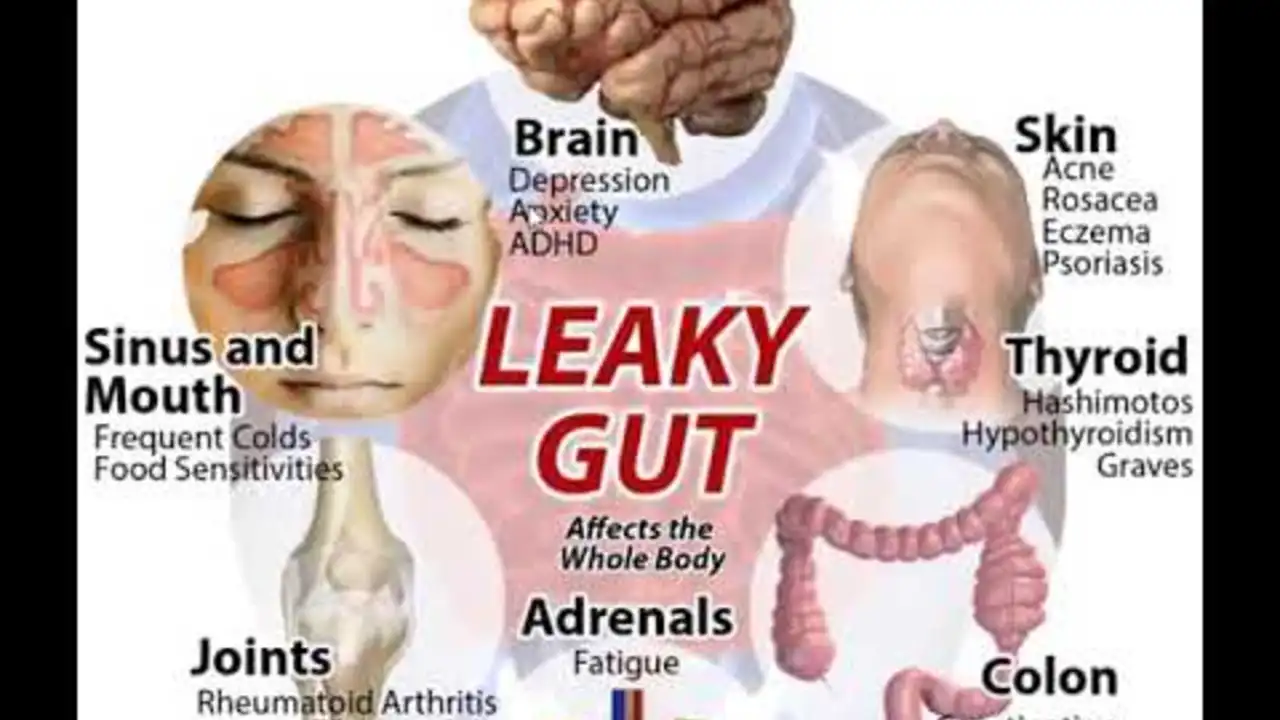Gut Health: Simple Steps for a Happier Stomach
Ever feel bloated, sluggish, or just "off" after a meal? Chances are your gut is trying to tell you something. The good news is you don’t need a fancy doctor’s visit to start fixing it. A few everyday tweaks can calm digestion, boost energy, and even sharpen your mood.
What Your Gut Needs Every Day
First off, think of your gut as a busy city. It needs clean roads (fiber), reliable power (water), and friendly citizens (good bacteria). Aim for 25‑30 grams of fiber daily—whole grains, beans, fruits, and veg are the best sources. Swap white bread for whole‑grain options and add a handful of berries or an apple to your snack.
Hydration is another must‑have. Water moves food through the intestines and prevents constipation. Aim for at least eight glasses a day, more if you exercise or live in a hot climate. If plain water feels boring, try infused water with cucumber or mint; it adds flavor without extra sugar.
Best Supplements and Foods for Gut Balance
Probiotics are the headline act when it comes to gut health. A daily dose of a reputable probiotic containing Lactobacillus and Bifidobacterium strains can restore balance after antibiotics or a bad diet. You don’t have to swallow pills—yogurt, kefir, and fermented veggies like sauerkraut deliver the same benefits.
Pre‑biotics feed the good bacteria. Foods rich in inulin—think garlic, onions, leeks, and chicory root—act like fertilizer for your microbiome. Adding a spoonful of ground flaxseed to oatmeal or a smoothie gives both pre‑biotic fiber and omega‑3 fats, which help reduce gut inflammation.
If you’re curious about new supplements, watch out for trendy herbs that claim to "detox" the gut. Some, like the bulbous buttercup supplement, have limited safety data and can irritate the lining. Stick to well‑researched options and always check the label for dosage warnings.
For those dealing with occasional heartburn or acid reflux, a low‑dose calcium carbonate antacid can help, but it’s not a long‑term fix. Instead, focus on eating smaller meals, avoiding late‑night snacks, and cutting back on spicy or fatty foods.
Stress plays a bigger role than most people realize. The gut‑brain axis means anxiety can mess with digestion, leading to cramps or diarrhea. Simple practices—deep breathing, a 10‑minute walk, or a short meditation—can calm both mind and belly.
Finally, keep an eye on your stool. Consistent color, texture, and frequency are good signs. If you notice blood, persistent diarrhea, or severe pain, it’s time to see a professional. Most issues improve with diet and lifestyle changes, but some conditions need medical attention.
Putting these tips into practice doesn’t have to be overwhelming. Start with one change—maybe adding a probiotic yogurt for breakfast—and build from there. Over weeks, you’ll notice less bloating, steadier energy, and a gut that feels like a well‑run city instead of a traffic jam.
Ready to give your gut a fresh start? Grab a glass of water, choose a fiber‑rich snack, and take that first step toward better digestion today.
The Link Between Psoriasis and Gut Health: What the Research Says
As a blogger who's spent significant time delving into the realm of health and wellness, I've found a fascinating connection between gut health and psoriasis. Experts suggest that our gut health can potentially influence skin conditions like psoriasis, which we'll explore more in this post. We'll dive into the latest research, bringing to light the intricate relationship between our gut and skin. So, come along as we unravel this mind-boggling link, and aim to understand just how important our gut health can be.




![Buy Generic Motrin (Ibuprofen) Online Cheap in Australia [2025 Guide]](/uploads/2025/08/thumbnail-buy-generic-motrin-ibuprofen-online-cheap-in-australia-2025-guide.webp)

